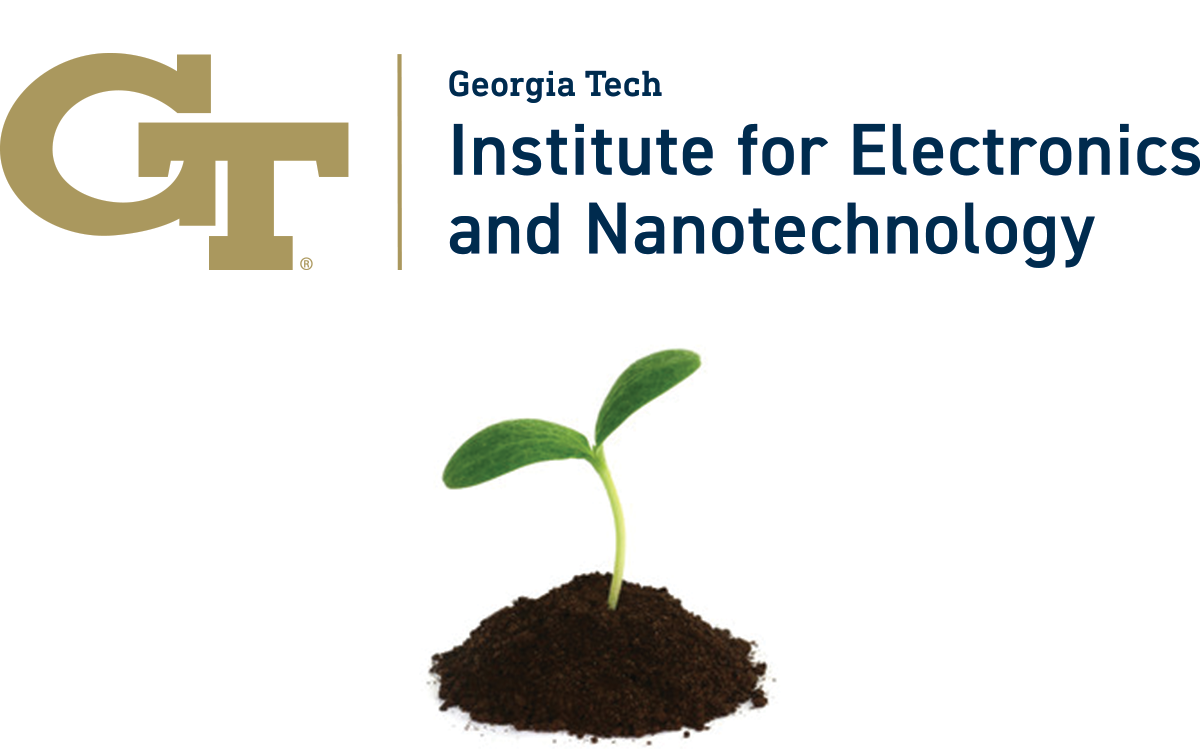Spring 2023 IEN Seed Grant Winners Announced
Jun 15, 2023 —

The Institute for Electronics and Nanotechnology (IEN) at Georgia Tech has announced the Spring 2023 Core Facility Seed Grant winners. The primary purpose of this program is to give first- and second-year graduate students in diverse disciplines working on original and unfunded research in micro- and nanoscale projects the opportunity to access the most advanced academic cleanroom space in the Southeast. In addition to accessing the labs' high-level fabrication, lithography, and characterization tools, the awardees will have the opportunity to gain proficiency in cleanroom and tool methodology and access the consultation services provided by research staff members in IEN. Seed Grant awardees are also provided travel support to present their research at a scientific conference.
In addition to student research skill development, this biannual grant program gives faculty with novel research topics the ability to develop preliminary data to pursue follow-up funding sources. The Core Facility Seed Grant program is supported by the Southeastern Nanotechnology Infrastructure Corridor (SENIC), a member of the National Science Foundation’s National Nanotechnology Coordinated Infrastructure (NNCI).
Since the start of the grant program in 2014, 86 projects from ten different schools in Georgia Tech’s Colleges of Engineering and Science, as well as the Georgia Tech Research Institute and three other universities, have been seeded.
The four winning projects in this round were awarded IEN cleanroom and lab access time to be used over the next year. In keeping with the interdisciplinary mission of IEN, the projects that will be enabled by the grants include research in biomedical devices, nuclear engineering, phase change materials, and environmental engineering.
The Spring 2023 IEN Core Facility Seed Grant Award winners are:
Direct Lithography Micro-Optic 3D Lightfield Endoscope Module
PI: Shu Jia
Student: Corey Zheng
Wallace H. Coulter Department of Biomedical Engineering
Organic Copolymer Semiconductor for Direct Detection of Ionizing Radiation
PI: Anna Erickson
Student: Shae Cole
George W. Woodruff School of Mechanical Engineering (Nuclear and Radiological Engineering Program)
Investigating Phase Transformations in 2D Materials via in situ TEM Biasing Experiments
PI: Josh Kacher
Student: Alex Butler
School of Materials Science and Engineering
Development of Interdigitated Electrodes-Based Antimicrobial Surfaces to Prevent Biofilms
PI: Xing Xie
Student: Feifei Liu
School of Civil and Environmental Engineering
The Southeastern Nanotechnology Infrastructure Corridor, a member of the National Nanotechnology Coordinated Infrastructure, is funded by NSF Grant ECCS-2025462.
Laurie Haigh




